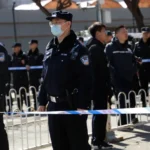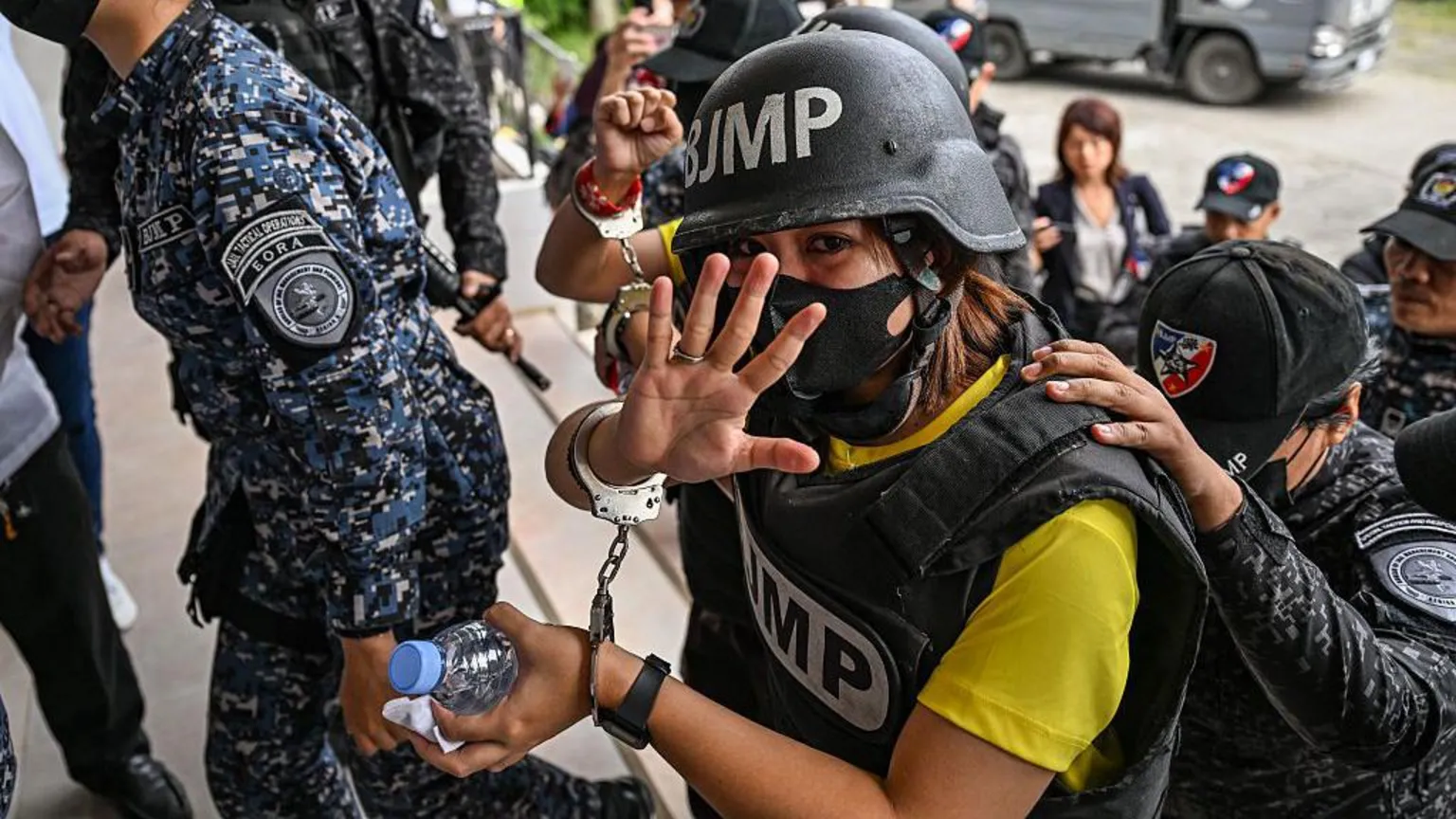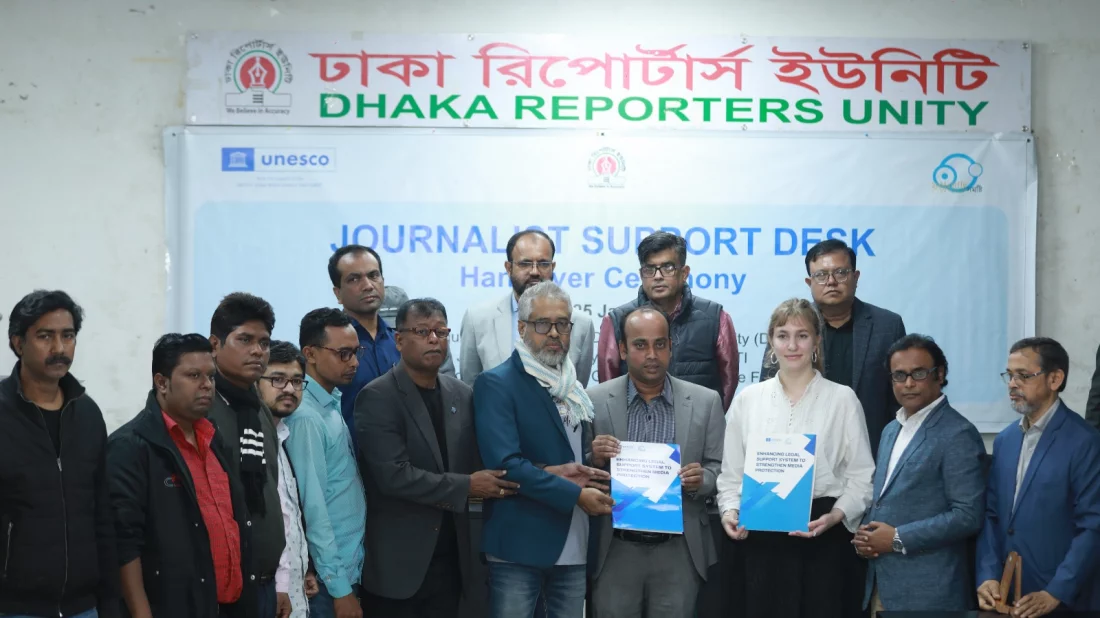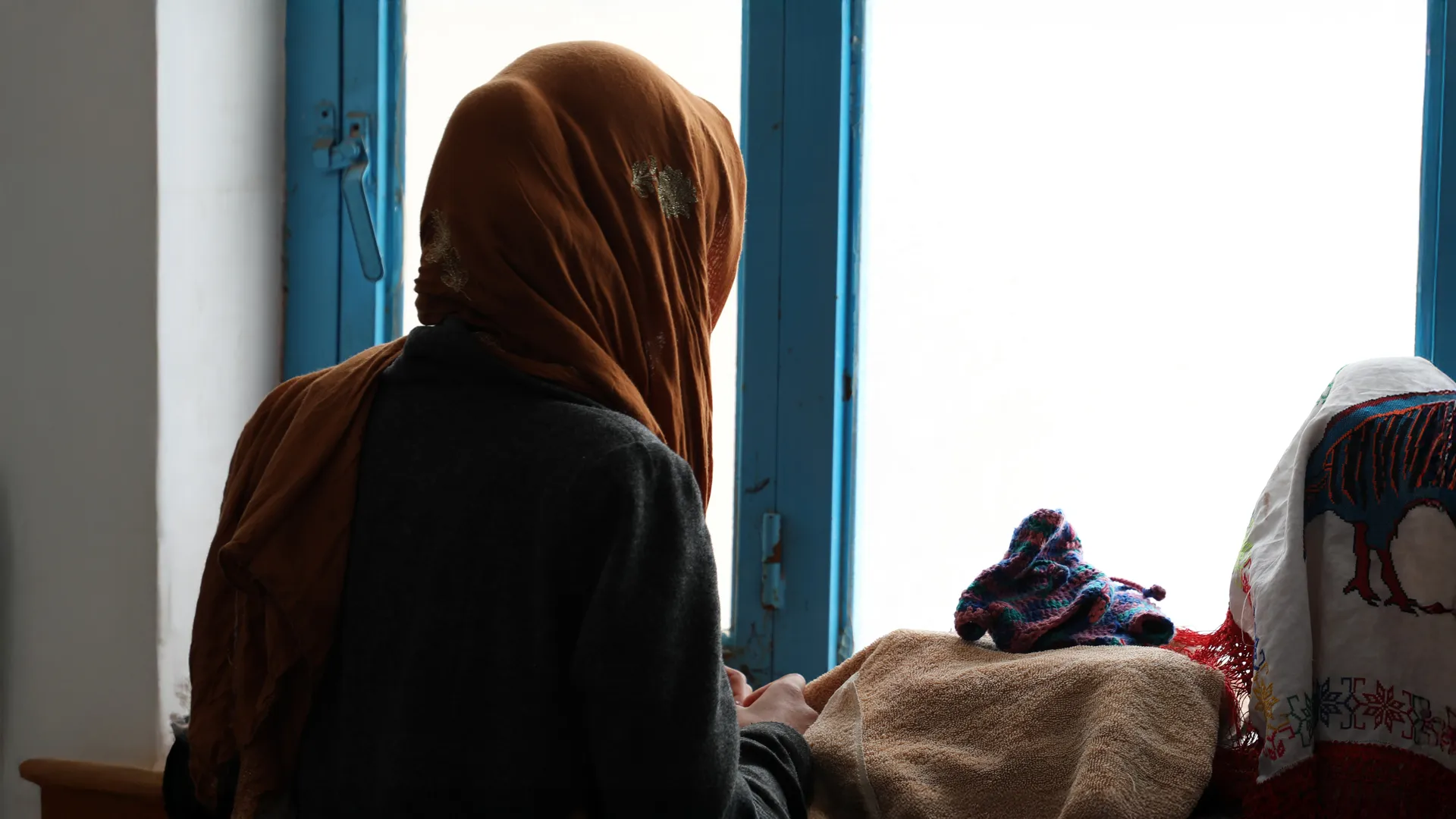
The Security Adviser Who Dedicated His Life to Protecting Journalists
August 27, 2024
China Cuts Off Journalist Gao Yu’s Internet and Phone in Escalating Digital Crackdown
August 28, 2024August 27, 2024 – Thailand –
Duangporn Yiampop, a seasoned reporter from Thai PBS, was abruptly struck by General Prawit Wongsuwon—former deputy prime minister and leader of the Palang Pracharath Party—outside Government House in Bangkok. The attack unfolded after Yiampop inquired about Prawit’s absence from a crucial parliamentary vote, captured in a widely circulated video where he slapped her twice on the head while angrily demanding, “What did you ask?” before being escorted away by guards.
The incident drew swift condemnation from media watchdogs, legal experts, and international press freedom organizations. The International Federation of Journalists (IFJ), along with the National Union of Journalists Thailand (NUJT), called for an immediate, independent investigation, urging authorities to treat the assault as an attack on press freedom and an act of intimidation. The Women Press Freedom Network decried the assault, particularly due to the reporter’s gender, warning that such unchecked aggression could further endanger women journalists in Thailand.
Domestically, both the Thai Broadcast Journalists Association and the News Broadcasting Council lodged complaints, pressing for a parliamentary ethics probe under MPs’ conduct codes prohibiting intimidation or physical force. Senator Tewarit Maneechai formally requested a Senate investigation, warning that Prawit’s conduct amounted to “physical harassment” undermining journalistic integrity.
Prawit, aged 79 and once integral to Thailand’s military regimes, later apologized, claiming the gesture was a light-hearted tease between acquaintances. His party spokesperson echoed this defense, stating that his military background led to a teasing style misunderstood as violence. However, critics dismissed this excuse, asserting that such behavior from a senior statesman sets a dangerous precedent. Senator Maneechai warned that failing to hold Prawit accountable could “normalize” threats against journalists.
Yiampop’s assault has sparked broader concerns over Thailand’s press environment. Opponents argue that emboldening powerful figures like Prawit exacerbates an already fraught climate for media workers, where intimidation and gender-based aggression further undermine democratic discourse.
As Thailand’s parliament weighs an ethics investigation—with 30 days to respond—the case remains a critical test of the country’s commitment to press freedom and accountability for public officials.
Reference –




